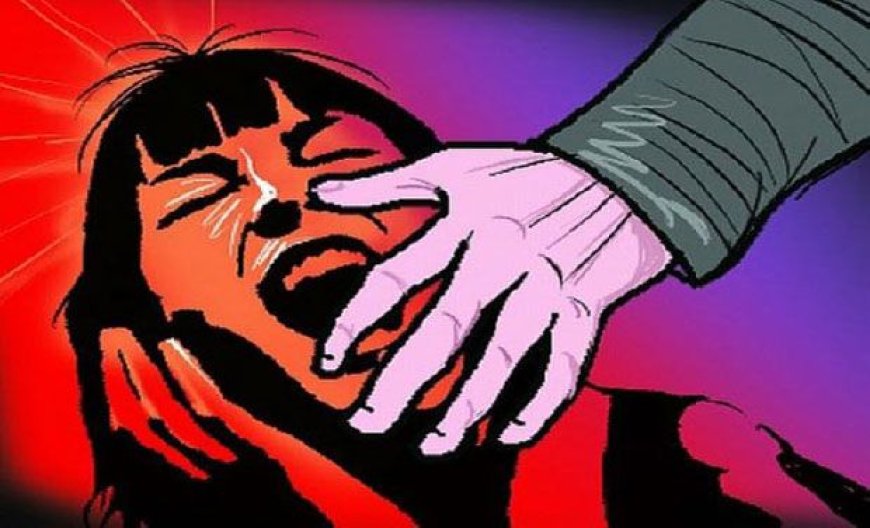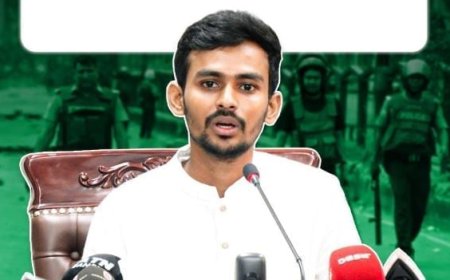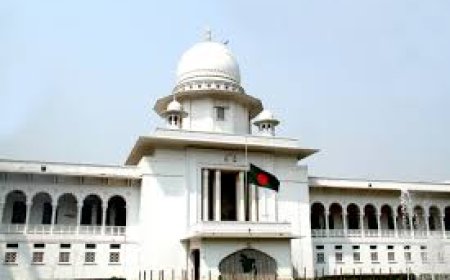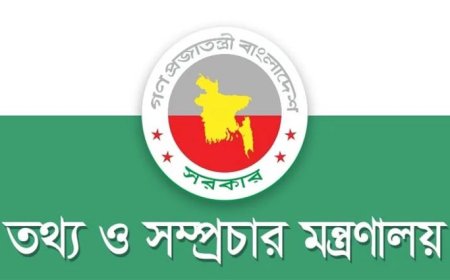Why was a known sexual predator reinstated at the Khagrachhari school?
Why was a known sexual predator reinstated at the Khagrachhari school?

The alleged rape of an Indigenous schoolgirl in Khagrachhari by a teacher, who was later beaten to death by members of Indigenous communities, has ignited a fresh wave of violence and tensions between Paharis and Bangalees. These clashes follow an earlier incident when a Bangalee was killed by a mob in Khagrachhari, suspected of stealing a motorcycle. While all those involved in the killing were Bangalees, a rumor falsely blaming Paharis sparked a series of arson attacks and vandalism targeting Indigenous homes and shops, and led to the deaths of at least four Indigenous people in Rangamati and Khagrachhari.
The focus then shifts back to the sexual assault of the schoolgirl, allegedly by teacher Abul Hasnat Muhammad Sohail Rana, who had a history of abusing students. Rana had previously been arrested for attempting to rape a 10th-grade student in February 2021. Despite this, and protests from students, he was reinstated at the same school after his release. Earlier reports from 2018 also indicated that Rana had sexually harassed several students at a school in Kushtia, yet he continued to secure transfers and reappointments.
This raises critical questions: Why did the Khagrachhari school authorities reinstate someone with a known history of sexual abuse, not only at their school but also at a previous institution? What influence did Rana have that allowed him to continue in his position despite such serious allegations?
It appears that the school authorities were indifferent to the safety of their female students, many of whom come from Indigenous communities. Even when students protested Rana's return, the authorities failed to take action, where an outright dismissal would have been the most logical step. Sexual violence in schools is a widespread issue across the country, with only a few high-profile cases resulting in justice. However, this incident has an added racial dimension, underscoring the increased vulnerability of young women and girls from Indigenous backgrounds.
Sexual violence, including the abduction and rape of Indigenous women by non-Indigenous perpetrators, is an under-reported and well-known issue. A 2018 report by the Kapaeeng Foundation estimated that 56 Indigenous women were sexually or physically assaulted the previous year by 75 alleged perpetrators, most of whom were non-Indigenous. Fear of reprisal, lack of access to legal justice, and discrimination within the administration keep many cases from being reported. In the Chittagong Hill Tracts (CHT), sexual violence is often used as a tool to further marginalize Indigenous communities and seize their land. A notable case in January 2018 involved security forces allegedly raping one Marma teenage girl and sexually assaulting her sister during a raid in Rangamati. When an advisor to the Chakma Raja tried to intervene, she was physically attacked.
The fact that Rana, a known abuser, was allowed to return to teaching and repeat his crimes reflects the broader pattern of impunity granted to perpetrators when their victims are Indigenous, and they themselves are non-Indigenous or connected to the state. The violent response to the rape, leading to Rana’s death at the hands of Indigenous people, highlights the deep hostility between the two groups. However, the balance of power remains heavily tilted in favor of the non-Indigenous majority.
These incidents are symptomatic of the unfulfilled promises of the 1997 CHT Accord, which was meant to protect the rights of Indigenous people, including their right to land and equal citizenship. Until the Accord is fully implemented, it is the government's responsibility to ensure the safety of Indigenous communities, particularly women, with the full cooperation of security forces and local administration. Those responsible for the violence and attacks on Indigenous people must be held accountable, regardless of their background or connections.
What's Your Reaction?





















































































